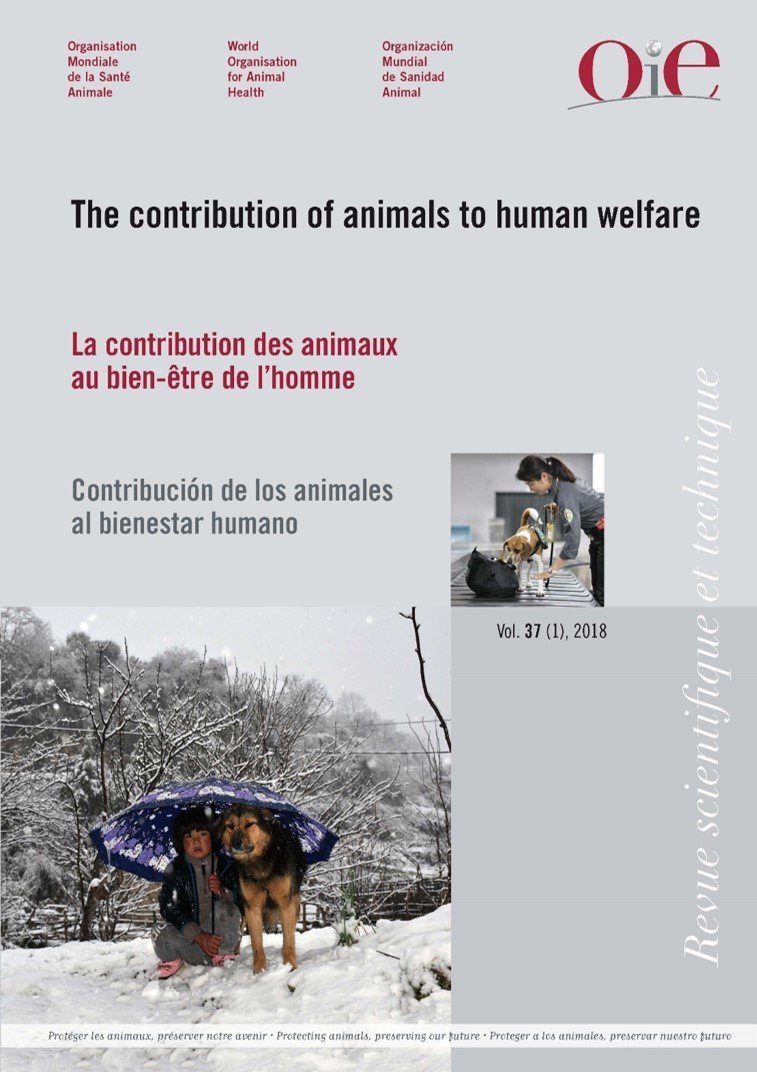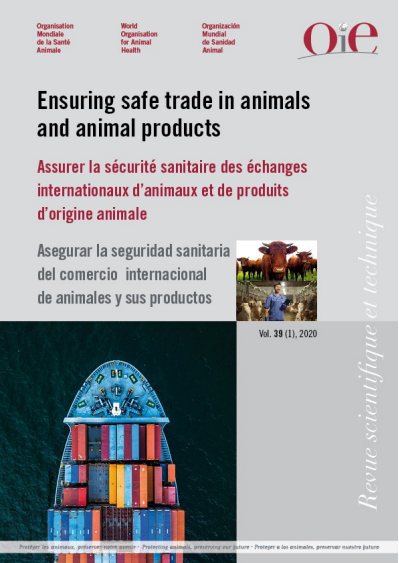Description
Livestock also contribute to human welfare and are an important part of sustainable farming. Maintaining farmland in good condition is essential for a stable food supply, and several papers discuss research on how grazing livestock can improve farmland. More papers address ethical concerns and possible risks to human health regarding future livestock issues, such as the use of animals (e.g. cattle and pigs) as sources of transplant organs and in producing pharmaceuticals. Humans benefit from animals in many ways and it is essential to ensure that the welfare of the animals is protected.
Vol. 37 (1), 2018
ISBN 978-92-95108-54-7
29.7 x 21 cm, 288 pp.





